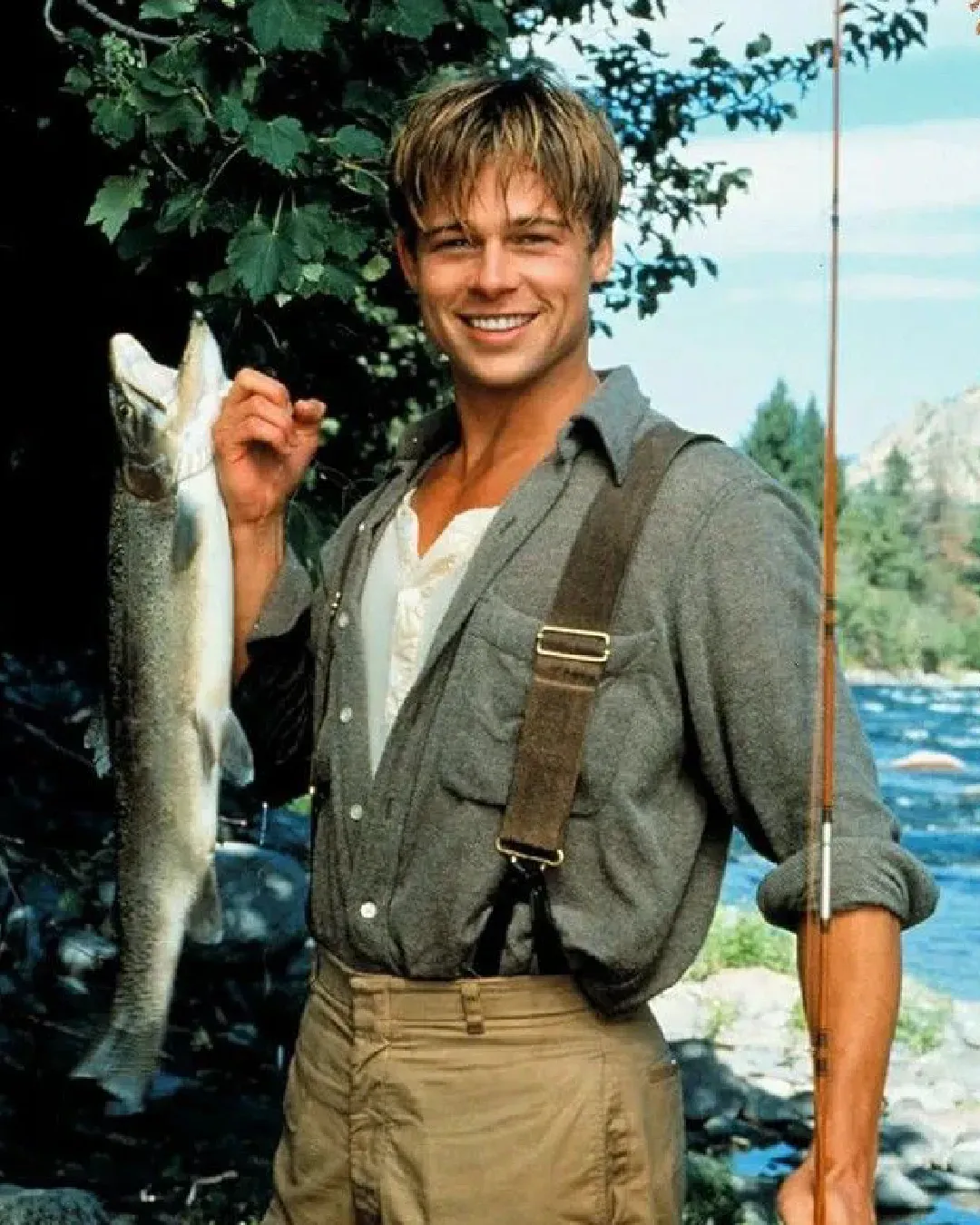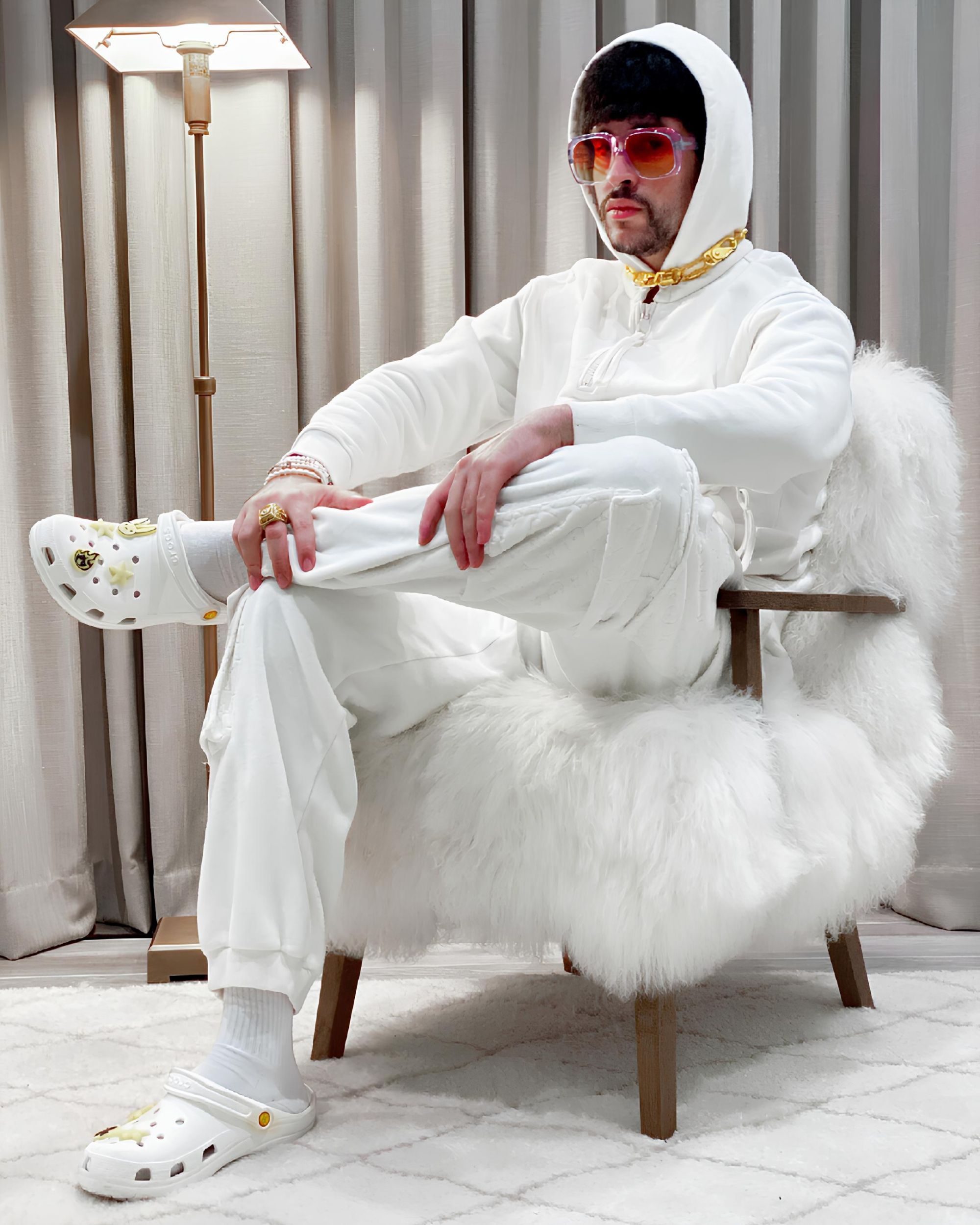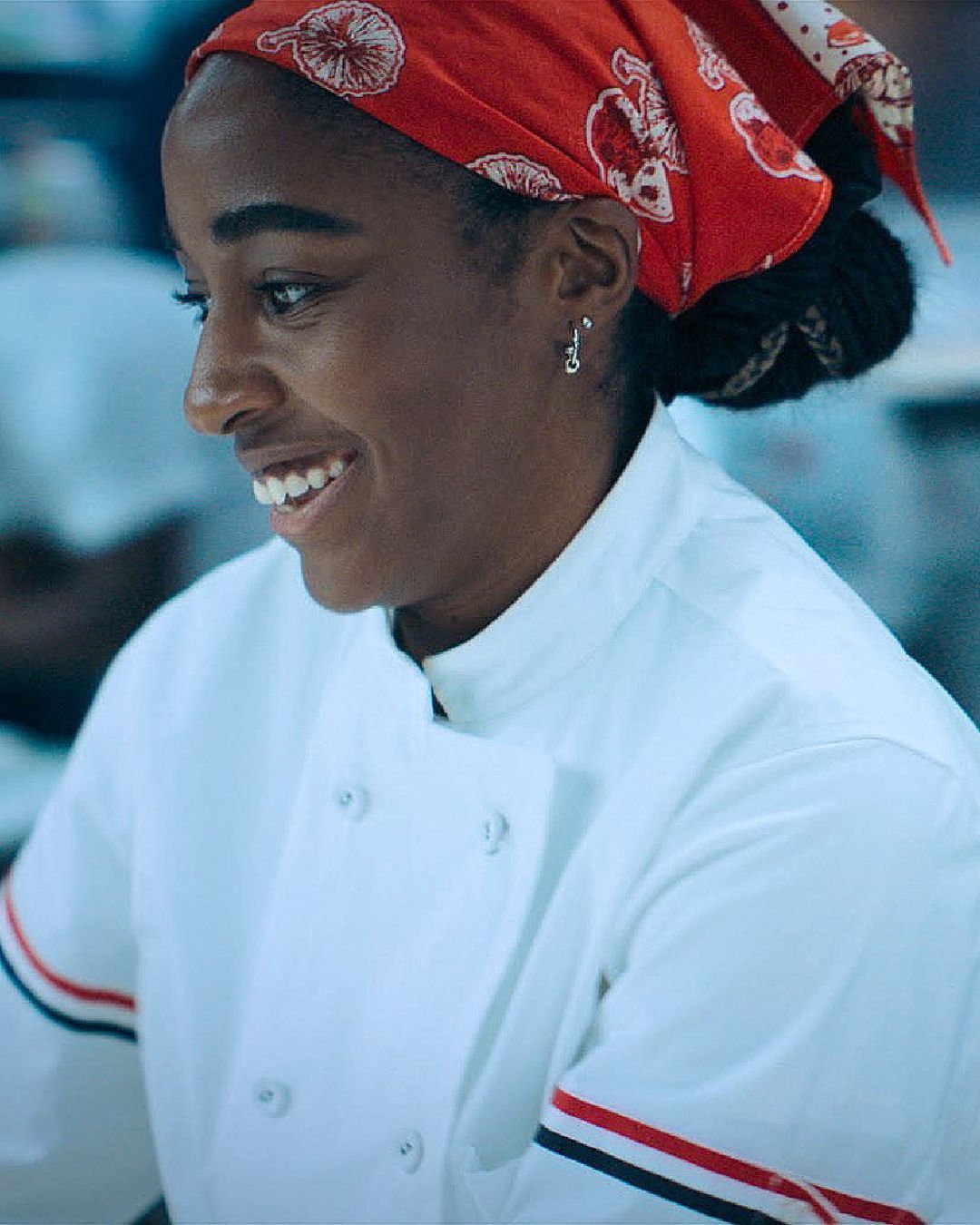
Barbour and WP Lavori in Corso collaborate to celebrate retailer's 40th anniversary Three jackets, three key stages in Barbour's evolution over the years
This year, legendary Italian retailer WP Lavori in Corso, responsible for first importing numerous international brands to Italy, will celebrate its 40th anniversary - an existence that has been dedicated to introducing the Italian public to a multiverse of brands that have conditioned its tastes for decades. One of the historic brands most closely associated with WP Lavori in Corso, linked to the retailer by a relationship that transcends business and involves the two founding families, is Barbour, the legendary British outwear brand with which WP has decided to explore the history of its archive. For the occasion, in addition to a video interview from the WP Stories series with Dame Margaret Barbour and her daughter Helen at the retailer's Bologna headquarters, the imminent release of a collaborative capsule collection was also announced, which, reinterpreting the shared heritage of Barbour and WP Works in Progress, aims to celebrate the three key moments in the brand's evolution through three iconic garments reinterpreted for the occasion: the first is the classic Speydale, which historically represents Barbour's debut in Italy and its success as a brand dedicated to the outdoors; the second, made of wool, is a Wool Bedale, a model that became famous during the 1990s in which Barbour's popularity extended beyond outerwear solidifying its status; while the third model is a Game Parka, a jacket created exclusively for Italy, which becomes a symbol of Barbour and WP Lavori in Corso's friendship.
The friendship between the brand and the retailer began 38 years ago, in 1984. During the early stages of WP Lavori in Corso's life, in fact, its buyers were touring Europe in search of under-the-radar brands to discover and explode on the Italian market. To do so they would tour the major fashion capitals, and it was during a scouting trip to London that WP representatives found one of the brand's oiled jackets in a store. At the time, Barbour was seen as a "rustic" brand, producing jackets and coats treated with a grease of natural origin that gave them an oily appearance as well as an unmistakable smell. In those days the customers of Barbour, which had been founded in 1864 as J. Barbour & Sons, were mostly sailors, river workers, motorcyclists and Royal Navy officers. The brand was small enough to still work as a craft workshop where everything was produced in-house and especially where the brand collected damaged garments from its customers to repair them, prolonging their longevity and anticipating by years the sustainability policies implemented everywhere in contemporary fashion. WP Store buyers still remember how, when they first entered the factory, they had seen in the workshop a table dedicated exclusively to all the objects found in the pockets of the jackets to be repaired: fishing accessories, old maps and even toys.
After this initial meeting, WP Lavori in Corso signed an exclusive distribution agreement with Barbour for the Italian market. One of the main changes that the partnership of the two brought to the brand's production was the replacement of the original waterproofing treatment of the coats, the original oil, with new natural products that were less invasive and, above all, less greasy, which broadened the brand's appeal to a mass market and more lifestyle-oriented. Then, during the 1980s and 1990s, the repositioning operation of the brand was accelerated by the great visibility that the British royals gave it by wearing Barbour jackets during their visits to Scotland and their walks in the countryside. It was during these years, thanks in part to the support of Steve Buck, the brand's CEO, that Barbour's success in the Italian market led to a significant expansion of the brand's production catalog, which included full looks, women's collections, and children's items. Twenty-five years later, in 2009, Barbour and WP Lavori in Corso celebrated the twenty-fifth anniversary of their partnership with a party in Glenagle, Scotland, attended by both founding families-sanctioning the longevity of a decades-long partnership through which both had changed. Barbour transforming from a small family-owned manufacturer to a globally recognized brand, WP Lavori in Corso realizing the original dream of its founders and that is to be able to represent the main voice of an international and alternative fashion in Italy.
Today, the 40th anniversary of WP Lavori in Corso has become the occasion for a new reunion of the two families, but above all a new opportunity to celebrate a shared heritage unique in the world through a unique commemorative capsule created in collaboration between the two.

































































